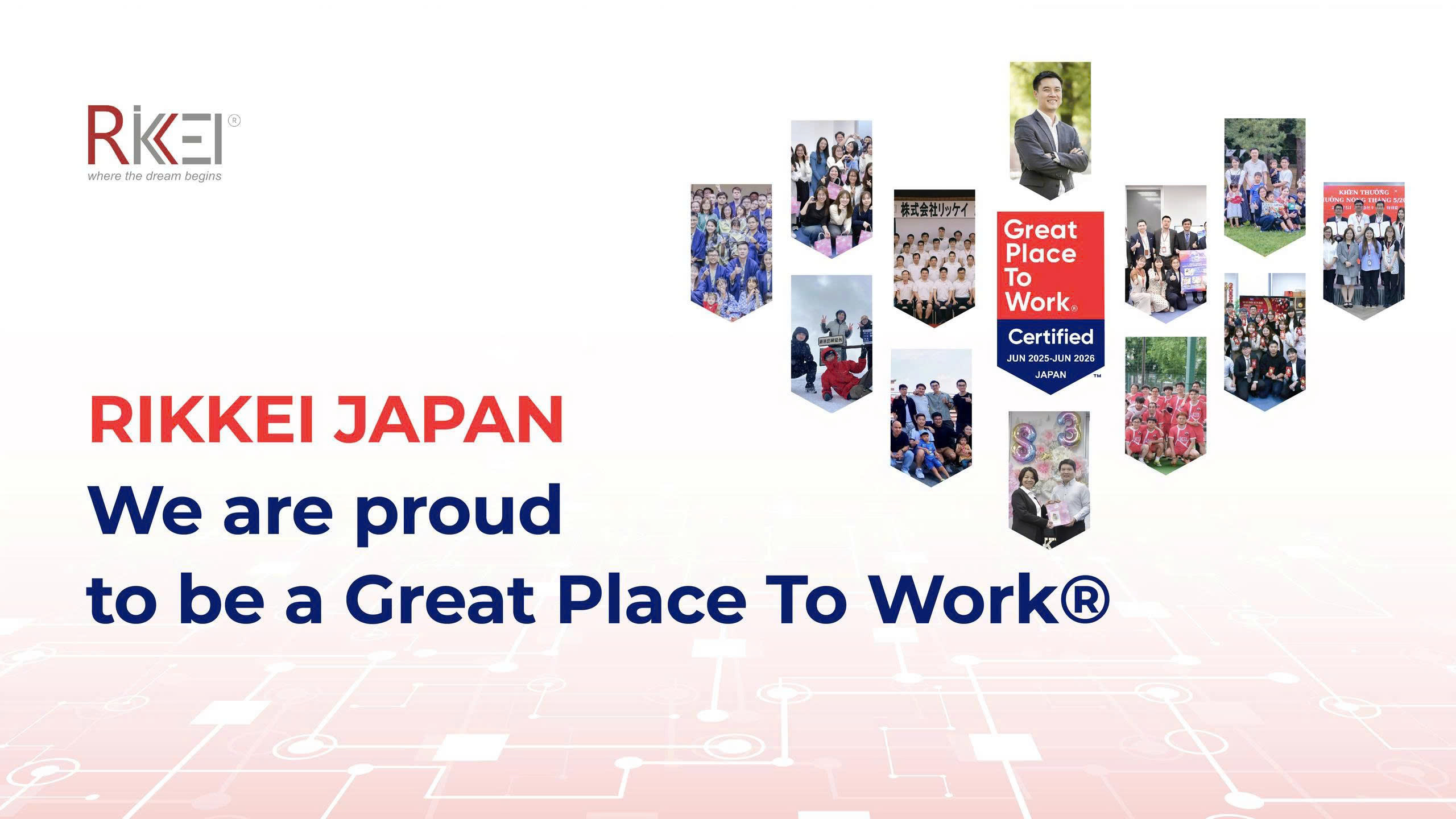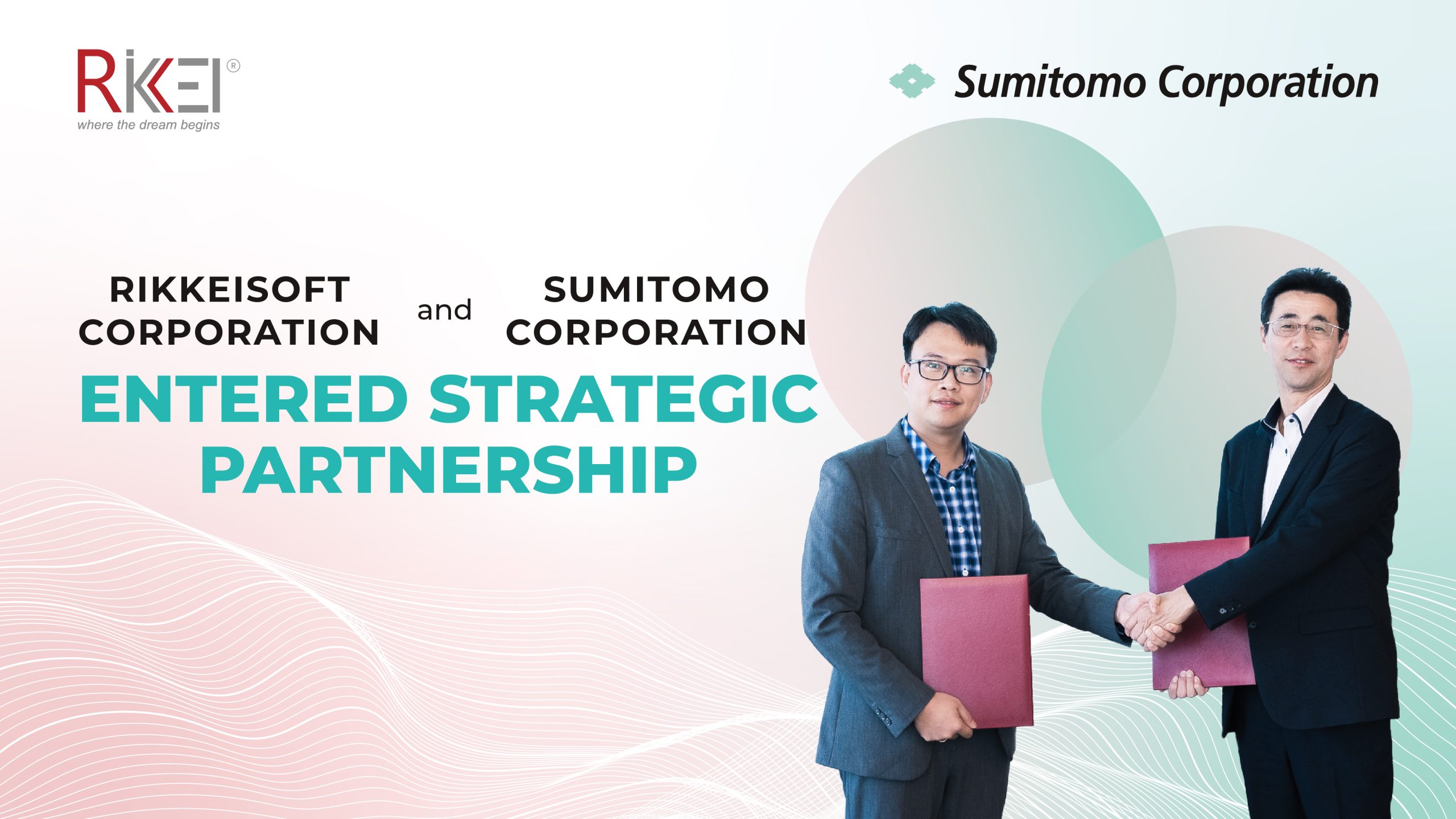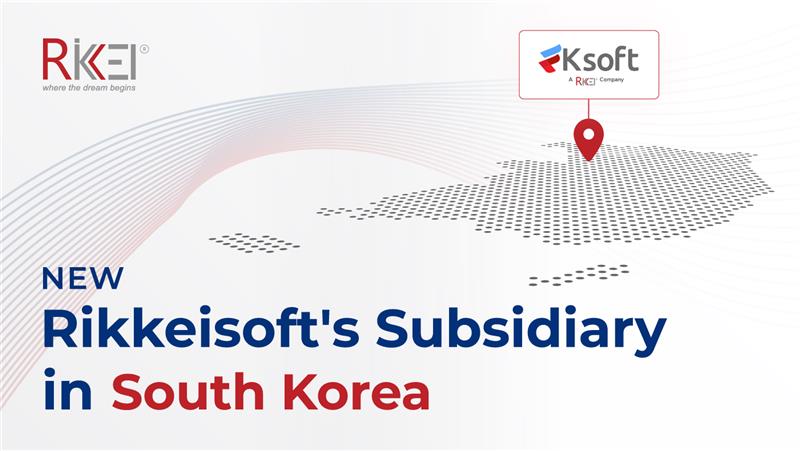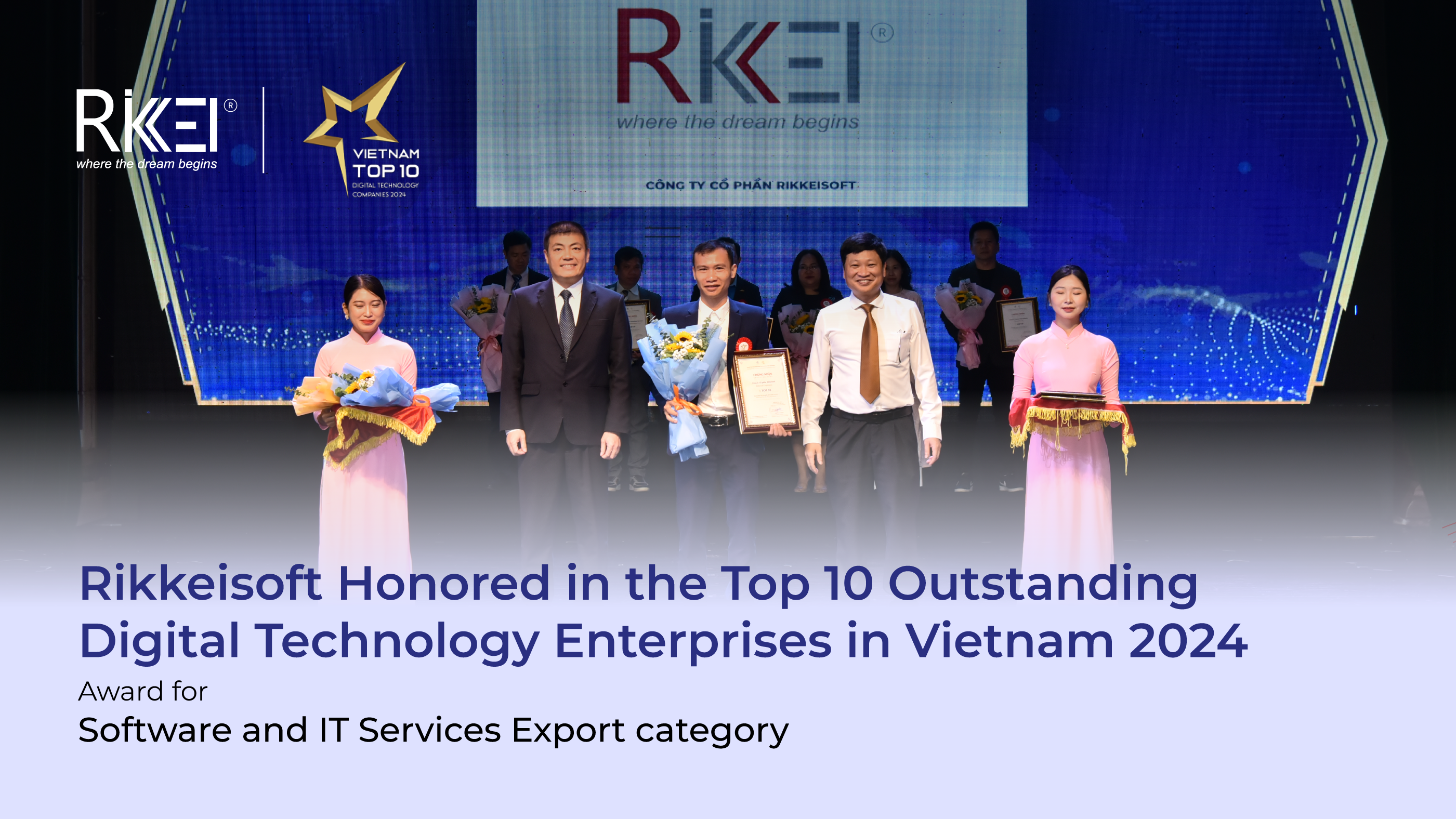4 challenges of AI that Vietnam IT Companies have to face
Contents
AI is a technology that can revolutionize manufacturing industries, healthcare, space exploration, and more. As a result, artificial intelligence is growing and gaining popularity at an excellent rate. This growing popularity of AI has urged several businesses to invest in developing and researching different AI applications like robots and automated cars.
However, it is important to note that AI is still facing some challenges. Here are some of the common challenges that most Vietnam IT companies face when implementing Artificial Intelligence.

As most of you are probably aware, AI systems are driven and developed by leveraging quality data. Therefore, the difficulty of accurate data collecting and quality control and the expense of labeling data are the most challenging aspects for every AI business wherever in the globe. Vinfast, for example, is a major artificial intelligence application company in Vietnam. Vinfast is Vietnam’s sole autonomous vehicle research and development center. Vinfast has invested a lot of time and money into putting together a fleet of cars that can go around the streets and snap photographs in a range of time and weather situations.
According to Nguyen Minh Tan – Vice Managing Director of Rikkei AI
“An AI product is a synthesis of many different materials, and data is one of the essential components. According to statistics, up to 80% of AI product development time is spent on data-related processing.”
In addition, training AI is similar to educating a child. AI can learn successfully if the correct data is used to train it. In contrast, if we teach AI with incorrect data, it will learn incorrectly. Furthermore, when heterogeneous data is used at an inaccurate moment, the AI becomes confused. Therefore, the privacy and security of data collecting and training for AI should be paid attention to; the more data appropriately utilized for training, the smarter the AI becomes and the more precisely it can recognize.
.png)
Here is one of the most critical challenges in AI, one that has kept researchers on edge for AI services in companies and start-ups. These companies might be boasting of above 90% accuracy, but humans can do better in all of these scenarios. For example, let our model predict whether the image is of a dog or a cat. The human can predict the correct output nearly every time, mopping up a stunning accuracy of above 99%.
For a deep learning model to perform a similar performance would require unprecedented finetuning, hyperparameter optimization, a large dataset, and a well-defined and accurate algorithm, along with robust computing power, uninterrupted training on train data, and testing on test data. That sounds like a lot of work, and it’s actually a hundred times more difficult than it sounds.
AI companies can avoid doing all the hard work by using a service provider to train specific deep learning models using pre-trained models. They are trained on millions of images and are fine-tuned for maximum accuracy, but the real problem is that they continue to show errors and would really struggle to reach human-level performance.

The amount of power these power-hungry algorithms use is a factor keeping most developers away. Machine Learning and Deep Learning are the stepping stones of this Artificial Intelligence, and they demand an ever-increasing number of cores and GPUs to work efficiently. There are various domains where we have ideas and knowledge to implement deep learning frameworks such as asteroid tracking, healthcare deployment, tracing of cosmic bodies, and much more.
They require a supercomputer’s computing power, and yes, supercomputers aren’t cheap. Although developers work on AI systems more effectively due to the availability of Cloud Computing and parallel processing systems, they come at a price. Not everyone can afford that with an increase in the inflow of unprecedented amounts of data and rapidly increasing complex algorithms.
Conclusion
Businesses will have to familiarize themselves with AI, which will help them understand how AI works. There is no denying that implementing AI in businesses can have several challenges, and you will start noticing these challenges when creating an AI strategy for your business. However, adopting a step-by-step and strategic approach will simplify the process of AI implementation to a certain level.
If you’re interested in updating more about technical knowledge, please stay tuned for the new Rikkeisoft blog!
More From Newsroom

June 24, 2025
Rikkei Japan Officially Recognized as a Great Place to Work®
Marking a significant milestone in Rikkeisoft’s global journey, Rikkei Japan was officially certified as a Great Place to Work® in June 2025 – becoming one of the few Vietnamese tech companies in Japan to receive this prestigious recognition. This achievement holds even greater meaning as Rikkei Japan approaches its 10th anniversary, underscoring nearly a decade of […]

November 28, 2024
Sumitomo Corporation and Rikkeisoft Corporation Have Entered Strategic Partnership to Drive Global Digital Transformation
Tokyo, November 2024, Sumitomo Corporation and Rikkeisoft Corporation today announced a strategic partnership aimed at mutual business growth and synergy creation. The agreement underscores Sumitomo Corporation’s recognition of Rikkeisoft’s capabilities and promising growth trajectory. Sumitomo Corporation – a Fortune Global 500 company – is confident that Rikkeisoft – a premier technology services provider – will […]

October 23, 2024
Rikkeisoft Establishes RKSoft as Official Subsidiary in South Korea
Since October 2024, Rikkeisoft has officially made its way to South Korea with its subsidiary placed in Sparkplus Gangnam, 327 Gangnam-daero, Seocho District, Seoul, South Korea. With the expansion to this promising IT market, our Korean subsidiary, RKSoft, will represent Rikkeisoft’s commitment to spread the value and enhance collaboration with Korean businesses. Currently Vice President […]

October 16, 2024
RKTech Welcomes Mr. Bradley LaLonde as New Advisor
RKTech is thrilled to announce the appointment of Mr. Bradley Lalonde to its esteemed Board of Advisors. Formerly the Executive Director of AmCham Vietnam, Bradley brings a wealth of experience and expertise to RKTech, having built a remarkable career across various leadership positions. Bradley’s impressive journey began at Citibank, where he held the prestigious role […]

September 23, 2024
Rikkeisoft Honored In The Top 10 Outstanding Digital Technology Enterprises In Vietnam 2024
Rikkeisoft was recognized by the Vietnam Software and IT Services Association (VINASA) as one of the Outstanding Digital Technology Enterprises in Vietnam 2024 in the Software and IT Services Export category. This prestigious award acknowledges Rikkeisoft’s remarkable achievements in expanding its business into international markets. In a statement from the organizing committee, Mr. Ngo Dien Hy, […]

August 19, 2024
Rikkeisoft Recognized as the Sole Vietnamese Winner of the Stevie® Award for Achievement in International Expansion
Rikkeisoft, a leading software development and IT solutions company based in Vietnam, was named winner of the Bronze Stevie® Award for “Achievement in International Expansion” at the 2024 International Business Awards®. This recognition marks Rikkeisoft’s second consecutive year receiving this prestigious accolade. The International Business Awards®, established in 2002, are part of the Stevie® Awards, […]

